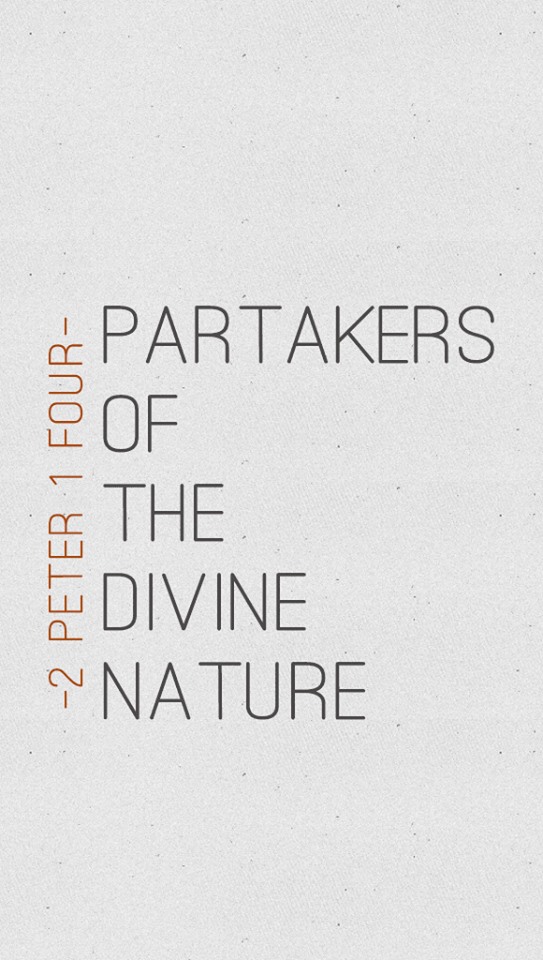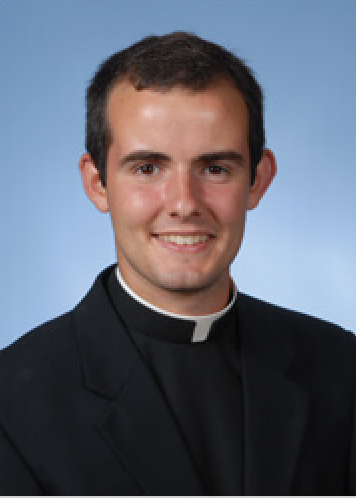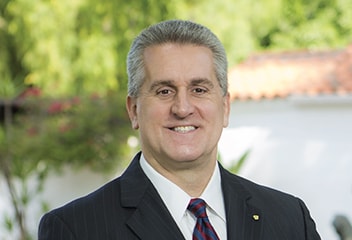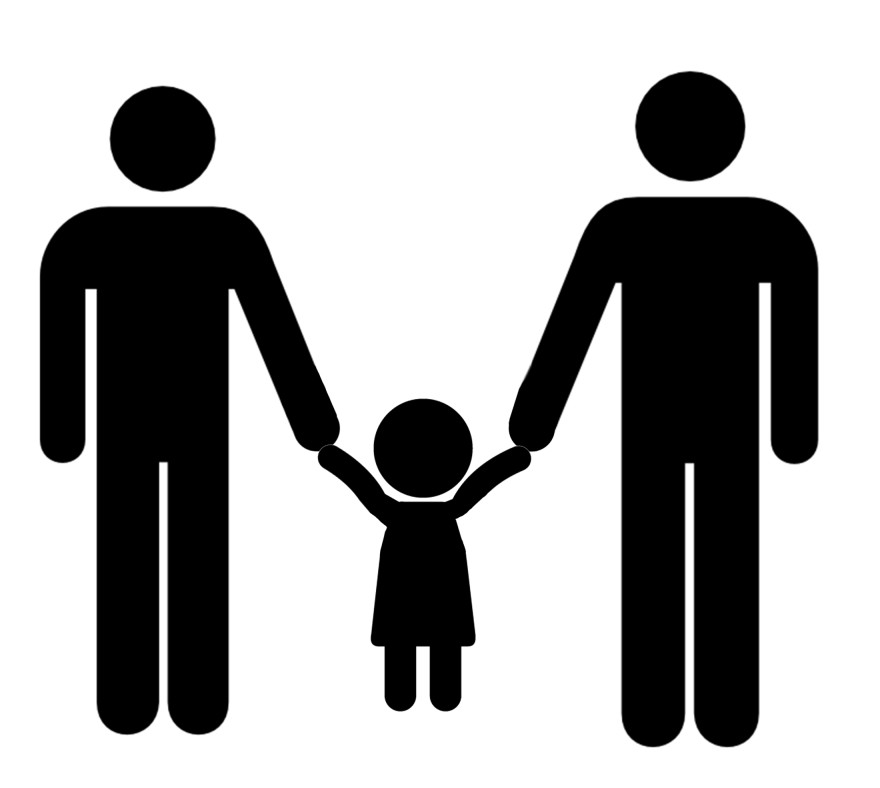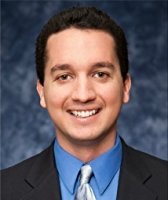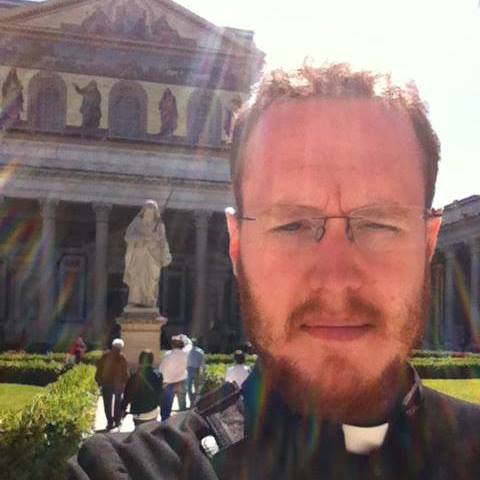“The floor of Hell is paved with the skulls of bishops” – ST. ATHANASIUS
“The road to Hell is paved with the skulls of erring priests, with bishops as their signposts” – ST. JOHN CHRYSOSTOM.
“The road to Hell is paved with the skulls of bishops.” – ST. JOHN EUDES
“I do not think that there are many among bishops that will be saved, but many more that perish.” – ST JOHN CHRYSOSTOM, EXTRACT FROM ST JOHN CHRYSOSTOM, HOMILY III ON ACTS 1:12
“The floor of Hell is paved with the skulls of bishops.” – ST. ATHANASIUS, COUNCIL OF NICAEA, AD 325.
“It is better that scandals arise than truth be suppressed.” – POPE ST. GREGORY THE GREAT.
“It must be observed, however, that if the faith were endangered, a subject ought to rebuke his prelate, even publicly” – ST THOMAS AQUINAS, SUMMA THEOLOGICA II, II q.33
“Mercy detached from Justice and the Truth about Good and Evil, quickly disintegrates into mere sentimentalism, irrationality and a gross inability to think logically and clearly about right or wrong – or anything at all.” -Paige
“Who’s going to save our Church? It’s not our bishops, it’s not our priests and it is not the religious. It is up to you, the people. You have the minds, the eyes and the ears to save the Church. Your mission is to see that the priests act like priests, your bishops act like bishops, and the religious act like religious.” – Venerable Archbishop Fulton J. Sheen

-by Sara Larson
“Friends, I am truly honored to share this post with you today, the first in what I hope will be a long-running series lifting up the voices of survivors.
…I have received responses from 21 people who have experienced sexual abuse in the Catholic Church and agreed to share their voices in this way. I am grateful to be able to include a diverse collection of perspectives – from women and men, young and old, those who were abused as children and those abused as adults, those who have remained Catholic and those who have left the Church (and every gray area in between).
Full disclosure: Right now, this Survivor Voices Panel does not accurately reflect the demographics of survivors as a whole. I have more personal connections with female survivors, so the panel has a heavy bias towards women’s voices. Also, the majority of these respondents are people who have remained Catholic, which is by no means representative of all survivors. Finally, this panel only includes the voices of three people of color, which I recognize as a deficit, especially as we are coming to understand the underreporting of abuse in historically marginalized communities. I hope to continue to add voices to this panel and create more balance over time.
If you have experienced sexual abuse in the Catholic Church, I would be honored to include your perspective in this “Survivors’ Voices” series.
For July, I asked the Survivor Voices Panel to share responses to this question:
What is one thing you would like to say to Catholics about the problem of sexual abuse in the Catholic Church?
This post contains responses directly from 12 survivors (some of whom shared more than one response). Each of these survivors speaks solely for themselves and their particular experiences. I have only made minor edits for spelling, grammar, and clarity. More responses to this question will be included in Part 2, which I will published next week.
Without further ado, here is what these survivors had to say:
-
-
- I’d like Catholics to know that the response to survivors is NOT what it seems; I’ve received nothing in terms of help. And worse. This is despite Vos Estis Lux Mundi, the Pope’s (supposed) bill of rights for survivors. I know for a fact that I’m not the only survivor in such a situation, and I suspect people like me are in the majority.
- I believe clergy sexual abuse is greatly under-reported. Most victims I know have never reported. The climate is still not safe to disclose these secrets.
- Within the sexual abuse, there is often spiritual abuse, which has been incredibly difficult for me to come to terms with. The name of God was used as a weapon, and many beautiful Bible passages were used to manipulate and control me. It has greatly affected my faith, and made me feel, in a way, that I was abused by God. My head knows that this is not true, but it wasn’t just my body that was violated, it was my soul as well.
- The problem is not fixed. Some strides have been made, but the default is still to protect the priest or bishop and to silence the victim.
- Despite the fact that the abuse is not the fault of the victim, we still carry guilt and shame. Although many people think that clericalism is getting better, it is still alive and well, even if we choose not to see it. I have found I have received more empathy and compassion from those that have experienced deep pain or loss, or have themselves been victims. The most judgement and condemnation has come from scrupulous, conservative Catholics, many of whom were people that I was close to; that in itself was another form of betrayal.
- Most abusers are charming and well liked. Do not assume your priest “could never.”
- Please take safe environment stuff seriously and hold to a culture of accountability. Abuse can happen anywhere, but it’s more likely to happen in places where safe environment rules aren’t in place. It’s definitely the first thing I notice about a parish now – whether or not they apply this consistently, or whether certain people are the “exception.”
- Priests and parishioners quickly jump to “Church-haters” as the reason this issue comes up. The truth is too much to bear, so they jump to denial.
- Throughout history, the Catholic Church has had soaring highs and deep lows. This crisis has truly been a new low in its broadness and scope. Pray to Jesus to heal the wounds of the victims and of the Church as we continue to move forward toward revision and accountability.
- The responsibility of every Catholic is to be vigilant; if you see something, say something. Report to law enforcement. C-A-L-L T-H-E P-O-L-I-C-E!!!
- One problem is that the sexual abuse is perpetrated by a man ordained in-the-person-of-Christ, another-Christ, a man referred to as “Father,” a person within a self-governing, powerful faith institution entrenched in history. For decades I cowered under this enormous mountain of impossible darkness. As a child the conflict, terror, and shame sent my soul hiding, my mouth silenced, my brain spinning in confusion and guilt, and my gut unable to function properly at times. To deny the negative effects of doctrine and praxis that link god too closely with select humans is a problem.
- Victim isn’t a bad word, and victims aren’t people to be afraid of. We aren’t something the Church needs defending from. As we learn in the Tenth Station [of the Cross], the Body of Christ is herself the body of a sexual abuse victim. Jesus Himself suffered this abuse; He does not want you to look away from that, He needs you to love Him in that.
- The root of the problem of sexual abuse in the Catholic Church is abuse of power and clericalism. The power and authority a priest has over those entrusted to his spiritual care can easily become a weapon when a priest possesses evil intent. Clericalism leads to the pedestals so many Catholics blindly place priests upon, which enable sexual predator priests – both in their actions and in keeping their victims silent.
- The reality of the response of the Catholic Church to survivors, is that “Your Mileage May Vary.” Things vary for survivors according to when and where you were abused and, in my case, who witnessed your abuse and their current position in the hierarchy of the church. Vos Estis was supposed to solve this problem, but it’s not being enforced, despite my pleas to the Pope.
- I would like Catholics to know that helping survivors should not have a “one stop shop” approach. It is not enough to have an office of protection or resolution. The laity and regular churchgoers have to be compassionate. The priests, other clergy, nuns and religious have to also welcome those in need of support. There has to be an end to slamming the door in the face of those in need, for when this is done, it is done to Our Lord, as He said in Scripture.
- Part of the problem is that priests are accountable to no one but themselves. A priest has no wife or family to question him about unexplained absences, inappropriate behavior, flirtations, unhealthy relationships/boundaries, and it’s rare that a well-meaning parishioner would address it because “he’s the priest.” This gives a priest with evil designs prime opportunity to manipulate and take advantage of a vulnerable person he sets his sights on. This is not a problem of the past, this happens today.
- Do not remain silent. If you see injustice towards survivors in your community or parish, say something. Silence from fellow Catholics is exquisitely painful for survivors. Educate yourselves on the effects of the trauma experienced as a result of sexual abuse by someone in the Church. Be gentle with survivors; we aren’t perfect. We are striving to find our way in the midst of a great deal of pain. The place that was once safe for us turned into a place of physical, emotional and/or spiritual torture; coming back to that requires immense trust. We need gentleness, empathy, mercy, and love. Defending priests/parish staff who don’t handle abuse well is not helpful. While praying for survivors is definitely a gift, we need action along with your prayers.
- The crisis is not over. There are still untold numbers of victims who have never disclosed.
- Abuse in the Catholic Church is unlike abuse in any other institution: home, family, school, work. We can flee from those places and those people to the safety of our loving God, to our church, the body of Christ. When abuse occurs within our religious tradition, our faith – our one place of refuge – suffers a wound like no other.
- THE COVER UP. I want people to know it’s real and it’s still going on. Everything I was taught about Catholicism – when I was a boy and I wanted to be a priest – has been shattered. For example, the Catholic Church continues fighting against victim compensation for their own criminal acts of sexual abuse. That’s the complete opposite of the values I was taught in CCD and decades of attending church.
- Priests do not become child molesters. Child molesters become priests.
- I had a priest tell me on and on about how abuse victims are: Church-haters, money-grubbers, etc. I finally stopped him and said, “Father, you’re talking to one right now.” He was completely thrown off. Confused. Finally he said, “That’s not possible. You love the Church.” I said, “I do love the Church. And I am one of the victims.” It shifted his thinking, what he thought he knew. We’re still friends but have far deeper conversations.
- Pope Francis and Pope Benedict have NEVER taken responsibility for their part in the sex abuse scandal. They both knew it was happening and stayed silent.
- [When I reported my abuse], I felt as if I was seen as a problem that had to be dealt with, carefully, and at a distance. When in reality, I was the women at the well, drowning in my shame. I was the hemorrhaging woman, grasping for the hem of the Lord’s cloak, desperate for His healing, but also, desperate for the Lord, in His Body, to come close. To see and hear me. To accept me as I was, even as I was in shock from all that had been lost, and to show me first how to stop the bleeding, and then to sit with me while I grieved, and finally to help me find a way forward.
- As victim-survivors we often have to make choices that others will disagree or find fault with, such as whether or not we can attend Mass. For many of us, Mass is a trigger, and we need to learn to be gentle with ourselves by avoiding those activities, actions, or people that cause us to be triggered. Being told that we are in the wrong for making these choices only hurts more. Please support our decisions rather than judge them or judge us.”
- It took me a very long time to find a support group, and I have found that to be very helpful. Where I live, there is no support offered at all. I had to go look for it, and I had to go far away to find it. Isolation is a big problem for victims in the church, and I also feel it is a tool that is used to keep this quiet. I know many people still suffer in isolation and in secret, and I found that having a voice and being met with empathy helped to diminish the shame that we all carry.
- I spent, and wasted, a decade of my life being bouyed up by the talk that would come from the U.S. Conference of Catholic Bishops and Pope Francis – hoping that THIS TIME they would help me, or they would force my archdiocese to help me. Only to see that things never got better, only worse. I’ve come to understand that the Catholic Church, as an institution – and especially the hierarchy and its enablers – is simply incapable of doing the right thing, of helping people. I’ve finally wised up and have taken ownership of my recovery. Fortunately, that has allowed me to go and talk directly to lay Catholics, in whom I do see signs of hope. If Catholics do fix the problem, it will be as a result of lay Catholics helping survivors – and vice versa.
- I participated in a Grief to Grace Retreat. Some great beginnings of healing and facing the fullness of the abuse began there. This retreat offered a safe place to share, listen, and reflect on God’s presence in my process of healing.
- Priests who compassionately listen to my story of abuse and simply sit with me in my suffering. I am reminded of St. John who was the only apostle to remain at the Cross during Our Lord’s Crucifixion, bearing witness to the agony of Christ. Priests who have simply witnessed the fallout of abuse remind me a lot of St. John at the Crucifixion. While some priests have been like the other apostles and run away from my suffering, I am so incredibly grateful for those who have remained with me during my suffering.
- Recognition. Childhood abuses robbed me of knowing I was good and valuable. My value as a catholic child was tied up in being an object the god/priest used to gratify his sexual urges then to dump the guilt/sin/shame on. In my forties, when I began to heal, I was lifted when catholics, especially catholic leadership recognized my goodness and my value. I needed a whole lot of people to recognize the good and value in me before I began to believe it of myself.
- I’m especially grateful for the people who didn’t judge me and spoke truth into the lies that swarmed all around me in the early months of my healing journey. I’m also grateful for those people who never gave up on God and didn’t give up on me. Walking with victims of clergy abuse is not for the faint of heart. There are many ups and downs. I’m grateful for those who never abandoned me.
- I think the most helpful thing for me has been being able to share my story with other victims and hear their stories. I got so much affirmation in seeing how many similarities there were between their stories and mine. I also found reading books on clerical sexual abuse and spiritual abuse very helpful, but also triggering. I have really needed to know that we CAN get through this, and that healing will come, in time.
- For my personal healing, I found therapy to be absolutely vital.
- One of the things I found helpful in healing from being raped by a priest is slowly getting to know a few good and holy priests and sharing my story with them. It was really healing for me to see those in the priesthood who would get angry for me and be compassionate. This went a long way in healing my relationship with the Church.
- Friends who listen and are willing to wrestle with stuff with me. I have a couple friends who haven’t been through abuse but are still willing to listen and talk to me about what I’m struggling with. I’ve learned that this is rare; most people give me a deer-in-headlights stare, awkwardly say “I’m sorry,” and then change the subject as quickly as possible.
- A local prayer ministry. Their prayers and love kept me grounded in the midst of the tsunami of the reporting process. The game-playing, cruelty, and beatdown by the diocese was devastating. The ongoing harassment to silence me was pure torture. When I showed up sobbing and sat there sobbing, this prayer ministry took me in as I was. They sat with me in my pain.
- My primary act of recovery as I continue to heal from my wounds of childhood sexual abuse was telling my wife my story. Initially, I thought she would think differently of me as her husband and father to our children. She responded to me with compassion, love and understanding. For me, healing started at home.
- Telling the pastor of our parish was my second act of recovery which has been helpful to my healing journey. I was anxious about sharing my story because I thought he might think I had a problem with him or was questioning his good ministry or his good character. He listened to me, and he heard the depth of my sadness and pain.
- Grief to Grace Ministry and its healing retreat for sexual abuse survivors. It got me started in therapy and helped me discover where God was in the midst of the storm.
- I know opinions about EMDR therapy vary, but it’s honestly the only thing that ever helped my PTSD symptoms after nearly a decade of trying different things. I’m grateful to the clerical sexual abuse survivor I met around the time of my own assault, who saved me a lot of grief and struggle by telling me: “Don’t go to the church for help. Go to therapy, and your community, and maybe the police. But not the church.”
- Sharing the story of my abuse. In 40+ years I had only mentioned it to four people. Sharing the story has lifted the shame and fear of people finding out what was done to me.
- What has been most helpful to me in my healing journey has been the immediate and continued support of priests in the positions of authority in the chancery office of my diocese. If I had received different treatment from these men in the chancery when I came forward, it’s doubtful I would be alive, much less been able to remain in the Catholic Church. Being treated with care and concern throughout the reporting process by representatives of the church was definitely the foundation of my healing which God has continued to build upon. The second most impactful part of my healing has been meeting and talking with other survivors.
- Mother Nature. I couldn’t speak of the atrocities to any human for nearly four decades. When among the trees, in the garden, breathing sunshine, hiking cliff banks, paddling deep water, wandering cedar swamps, and held in the stillness of the air, I was, and still am, loved, cared for, part of, included, nurtured, teachable, humbled, free, whole, and restored.
- One thing that has been helpful in my healing journey, sadly – and paradoxically – is coming to understand that my archdiocese will NEVER help me. That eventually freed me to look for help in unexpected places and to take ownership of my recovery, to save myself.
- The love and support of my family. Every one of them understands, as far as one can without actually being a survivor. In order to receive family support, that meant I had to tell someone the secret.
- Empathy and patience from those within the Church who have allowed me the freedom to heal at my own pace and without a hidden agenda. People who have stayed with me in the midst of mind-blowing rage, gut-wrenching sadness, suicidal ideation, and overwhelming despair/hopelessness – and didn’t try to rush me through the process of those painful emotions which are a normal and healthy part of the healing process.
- The most helpful thing is knowing that I’m not alone. Having support groups (even/especially virtual groups during COVID) has given me a place where I don’t have to defend myself or worry that I’m the one at fault.
-
Lord, have mercy,
Matthew


